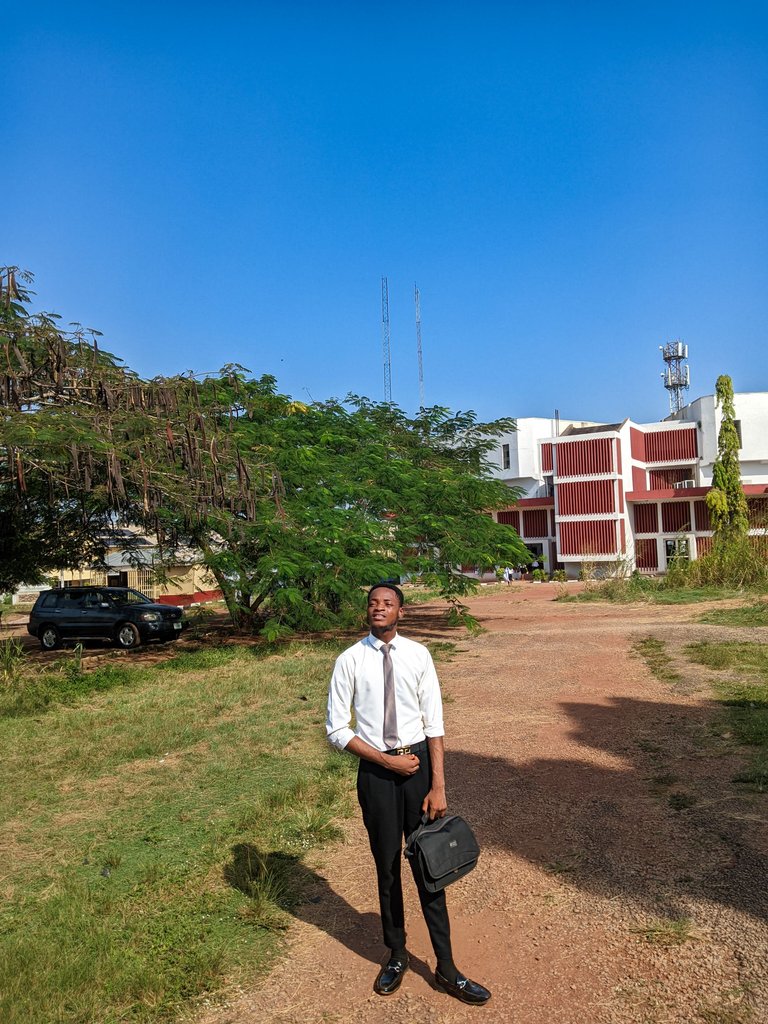My Experience with Gait Training - What did I learn?
Get through me something I have never really thought much about until I had to assist a patient during my clinical posting. Before then it was just another topic in class, something we discussed in theory, practiced a bit during practicals and then moved on. But working with a natural patient changed everything for me.

There was this elderly man who had suffered a stroke. His right side was weak and walking was a huge struggle for him. The first day I met him he could barely stand without holding onto something for support. When my chief asked me to assist in his gait training session, I thought it would be as simple as guiding him while he walked. I realized I was wrong; it wasn't just about movement. It also has to do with their confidence, fear and trust both his trust in me and he trust in his own body.
We started the session with bearing exercises. Just getting him to move his weight from one leg to the other was a challenge for him. He refused every time creeping the parallel bar tightly as if letting Go even slightly would make him fall. I could see the fear in his eyes. He didn't believe his weak legs could hold him. And honestly I wasn't sure either. But my chief encouraged me to keep guiding him slowly until he started to get the hang of it.
The next step was actually working. He was given a walker and my job was to support and encourage him. But he kept leaning heavily on his arms, using the walker more like a crutch than a support. I had to remind him to engage his legs and trust them to carry his weight. Initially he used to struggle. He steps where we are uneven and he keeps stopping every few seconds. I didn't know whether to push him to do more or let him take his time. It was a balance I had to fight out in the moment.
Then came the moment that really shocked him. He had a slight slip which was not a full fall but enough to make him freeze in fear. His grip on the walker tightened and he refused to take another step. No matter how much I encouraged him, he wouldn't stop moving. That was when I truly understood something important in gate training. That it is not just about muscles and movements but it's just as much about what is happening in the patient's mind.
When we had to pause and talk I assured him that he was safe that I was there to support him and that progress wasn't about working perfectly in one day. After a while he agreed to try again. The rest of the session was slow but the fast that he was willing to keep going meant everything for us that day.
Days passed and with each session he improved. I could see this from our reassessment. The first time he worked across the room with only minimum support I felt something I hadn't felt before which was real pride. What's in myself but in him. Seeing the relief on his face and the small smile he gave when he realized he could do it made me appreciate physiotherapy in your whole new way. Honestly physical therapy is very important. And we should not neglect even the simplest session of it.
Get rain in is more than just a clinical technique this is what I can say. It's about restoring someone's independence, helping them regain trust in their body and sometimes just being there to remind them that they are capable of more than what they think. This experience taught me that patience and encouragement are just as important as any exercise or assistive device. And most importantly it reminded me why I chose this profession in the first place and I appreciate this enough.